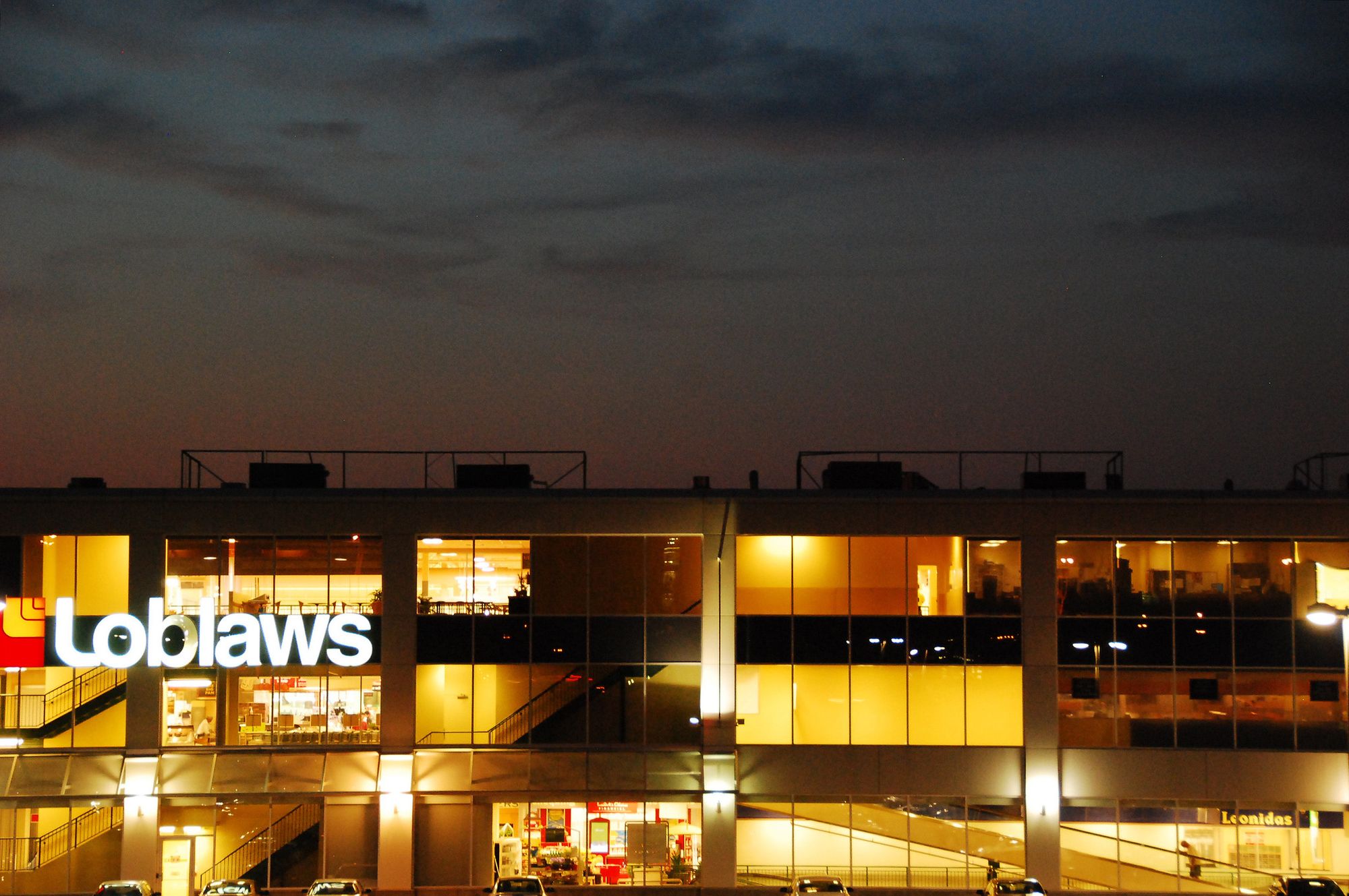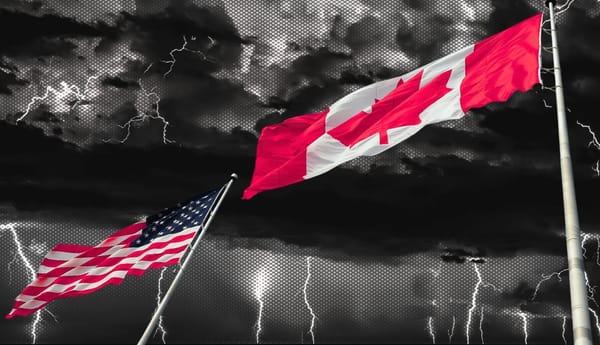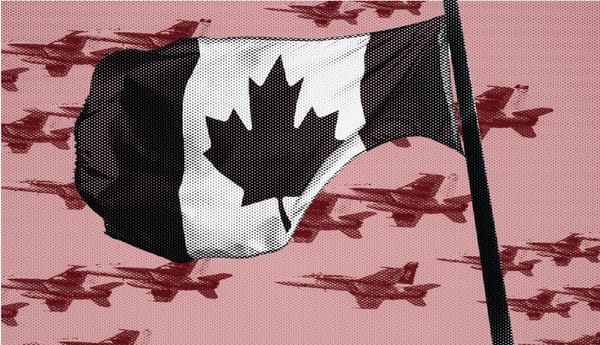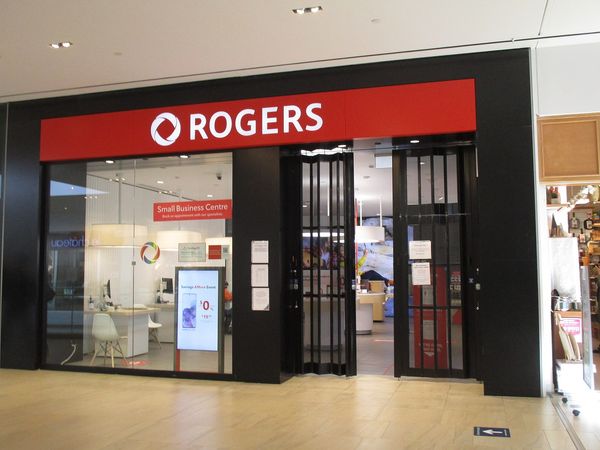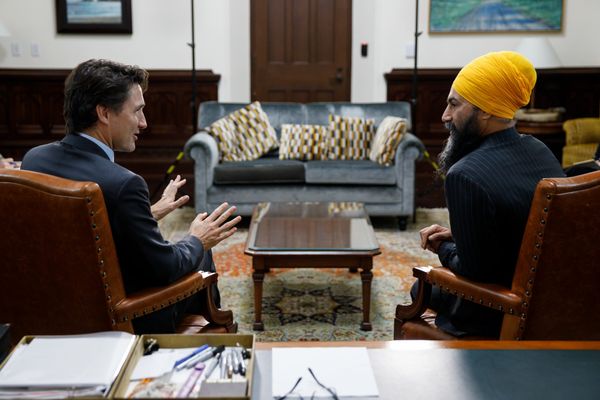Yesterday morning, Loblaw announced — through an email to customers from company president and chairman, Galen Weston, a corporate statement, and a press release — that they’d be freezing price caps until Jan. 31, 2023, on items from no name, one of their many food brands.
The rationale offered by Weston for the move was clever. He pointed out that inflation on food costs has been skyrocketing, making families uncertain about how they’ll be able to afford groceries. He portrayed the price freeze as a way to help them out. Naturally, a skeptical person would reply to Weston by asking why his corporation set the prices so high in the first place. And to this, Weston preemptively argues that, “Maddeningly, much of this is out of our control,” adding that the corporation has supposedly challenged any “unfair price increases” but that “the truth is, most are reasonable.” As such, Weston can give the impression that his company has been held hostage by outside forces, but is now taking a personal hit because they care about the well being of Canadians so much.
This is absolutely not the case. Luckily, we have a whole media apparatus that can provide critical reporting on these claims, helping readers make sense of what’s really going on, right? In theory, yes. In practice, we’re not so fortunate. And the coverage of Weston’s announcement proves it, with Canadian media helping one of the richest families and largest corporations in the country to get free PR.
Every article I’ve read on the price freeze quotes from the section of Weston’s letter where he portrays the previous increases as reasonable and inevitable. Few of them actually comment on this framing, lending credence to the self-serving narrative. The reporting takes as fact that the grocers didn’t have a choice, that there was nothing they could do, that the increase in food prices simply corresponded to inflation, etc. In fact, some of these articles actually quote a professor who claims that “much” of the criticism of grocers for rising food costs “is unfair.”
The articles also accept the idea that a price freeze on the no name brand is a sufficient enough move to help people out, with the expert quoted only really speaking about if it should have happened earlier or not. In fact, a journalist at The Globe and Mail even editorializes, writing, “Still, the Loblaws news comes ahead of the holiday season – one of the busiest times of the year for grocers. And for grocery customers who have spent the past year struggling to make ends meet, the news will undoubtedly come as relief.” As such, the major grocers are able to effectively set the parameters of the debate on what they should have to do to make up for alleged price gouging.
In addition, most of the articles (including from the CBC, Canadian Press and the Globe) don’t mention that the House of Commons is set to investigate the cost of groceries after a unanimous vote earlier this month by the agriculture committee to force executives to explain their profits. This gives the impression that the accusations of price gouging are coming from mere uninformed consumers or rogue politicians, as opposed to being well-founded claims that will be officially examined through a parliamentary inquiry.
Just one article I examined bothered to even actually provide numbers showing how Loblaw profits have skyrocketed throughout the pandemic. CBC News notes, “Loblaw’s profits have indeed risen of late, with the company revealing net earnings of $387 million in its most recently completed quarter. That’s up by $12 million from this time last year and by $121 million from the same period in 2019, before the COVID-19 pandemic.” None of the other reporting mentions these stats.
And none of the reporting at all mentions that Weston, who wrote the letter, along with other top executives, all received maximum or near-maximum bonuses in April (more than $2 million for some). Weston, according to reporting from the Globe earlier this year, was paid $5.41 million by Loblaw in 2021, and the family’s share in the corporation “grew in value from $5.9 billion at the beginning of 2021 to $9.7 billion by year end.”
To make matters worse, just one news outlet reporting on this announcement mentioned (with just one sentence) a major reason why people should be and are skeptical of grocery prices: the bread price-fixing scandal. In 2017, Loblaw admitted to participating in a scheme with major grocers and bread makers to overcharge consumers for bread, over the course of at least 14 years. This scheme resulted in excess profits of about $5 billion for the parties involved, and cost the average family around $400. It’s still under investigation by the Competition Bureau, and earlier this year an Ontario judge allowed a class action lawsuit to proceed.
Why should anyone trust the narrative major grocers, including Loblaw, offer for price increases after this? How can any reporting on the matter go without mentioning this front and centre?
We deserve better than a mere price freeze on product caps after years of inflation. But we also deserve better reporting from the publications that are supposed to hold the corporate world to account.


